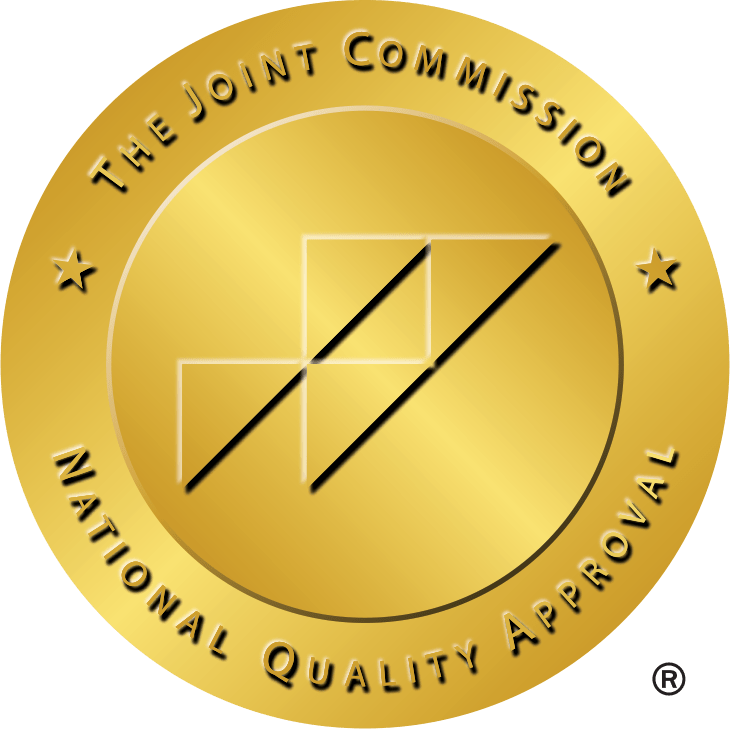Although it can be easy for someone to imagine the physical and mental toll that addiction can take on a person, the effects addiction has on the whole family can be more obscure to outsiders.
Although it can be easy for someone to imagine the physical and mental toll that addiction can take on a person, the effect addiction has on the whole family can be more obscure to outsiders.
When it comes to drug addiction, it’s natural to focus on how it affects the person who is using the substances.
As addiction takes hold and progresses, the consequences only become more severe over time. There can be both short-term and long-term health effects, as well as loss of employment, mounting financial problems, and legal troubles. Living with an addiction is far from an easy way to exist.
However, it’s important to remember that addiction doesn’t just impact the person struggling with it.
The effects of addiction can reach far beyond the individual using drugs or alcohol, and can also have a profound impact on their immediate family members. Whether it’s a child, parent, or spouse, addiction can completely alter the lives of those who love the person struggling with addiction.

Familial Relations and Addiction
Addiction can hurt familial relations in several ways:
- Trust issues: Family members may lose trust in the person struggling with addiction if they have lied or stolen from them to support their habit.
- Communication breakdown: Addiction can lead to a breakdown in communication as family members may avoid talking about the addiction to avoid conflict or shame.
- Emotional distress: Family members may feel a range of emotions including sadness, anger, frustration, and guilt due to their loved one’s addiction.
- Financial strain: Addiction can cause financial strain on the family, as the person struggling with addiction may have trouble keeping a job and may resort to stealing or borrowing money.
- Neglect: Addiction can cause the person to prioritize their substance use over their responsibilities, including their relationships with their family. This can lead to neglect of their family and damage to their relationships.
When a family member is struggling with addiction, they may become preoccupied with using drugs or alcohol, neglecting their responsibilities and relationships with loved ones. This can lead to feelings of abandonment and resentment among family members, particularly if the addicted individual fails to fulfill important obligations.
Addiction can be expensive, and individuals who struggle with substance abuse may experience financial difficulties as a result. This can place a burden on their family members, who may be called upon to provide financial assistance or deal with the consequences of unpaid bills or other financial obligations.
Addiction can take an emotional toll on both the person using drugs or alcohol and their loved ones. Family members may experience anxiety, depression, and other negative emotions as they struggle to cope with the impact of addiction on their lives. Addiction can erode trust between family members. For example, an addicted individual may lie or deceive their loved ones in order to hide their substance abuse. Over time, these actions can damage relationships and make it difficult for family members to trust one another.
Addiction can strain relationships between family members, particularly if there are disagreements about how to handle the addicted individual’s behavior. Family members may feel torn between wanting to support their loved one and feeling frustrated or angry about the impact of addiction on their own lives. This can lead to conflict and strain relationships.
How Addiction Affects Children
An estimated 1/8 of children live with someone who has had an active substance abuse disorder in the past year.
The effects of addiction on a child depend on a few things:
- Whether they come from a single-parent or two-parent household
- Whether one or both parents struggle with addiction

When a child grows up in a household with one or both parents struggling with addiction, it can have significant negative effects on their physical, emotional, and social well-being. The impact can vary depending on whether the child comes from a single-parent or two-parent household and whether one or both parents struggle with addiction.
In a single-parent household, the child may have to take on additional responsibilities such as caring for younger siblings, cooking, cleaning, or paying bills. This can have a negative impact on their academic performance and social life, as they may not have the time or energy to participate in extracurricular activities or make friends.
In a two-parent household, addiction can lead to conflict and tension between the parents, which can create a hostile and unstable environment for the child. The child may feel caught in the middle of the parents’ arguments or may witness physical or emotional abuse. This can lead to feelings of anxiety, depression, and insecurity in the child.
If both parents struggle with addiction, the child may feel neglected or abandoned, as their parents may prioritize their substance use over their parental responsibilities. This can lead to feelings of anger, resentment, and confusion in the child, as well as a lack of trust in relationships.
The Six Family Roles in Addiction
The Six Family Roles in Addiction
Families dealing with addiction often develop unique coping mechanisms for handling the issue.
Mental health professionals have identified five distinct roles that family members may take on to cope with their loved one’s substance abuse. These roles may be assigned to specific individuals, some members may adopt multiple roles, and in some cases, certain roles may not exist within the family dynamic.
As mentioned above, fear, stigma, and shame have a lot to do with why people don’t open up about their addiction.




